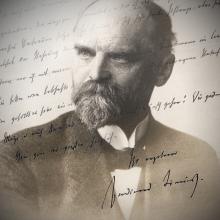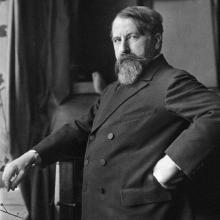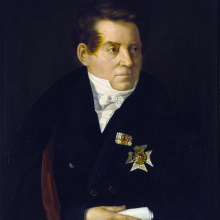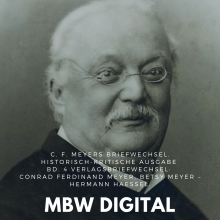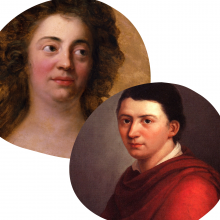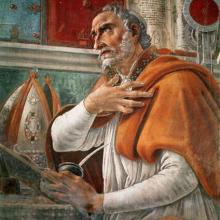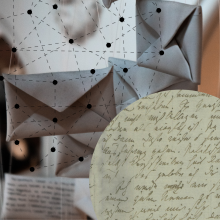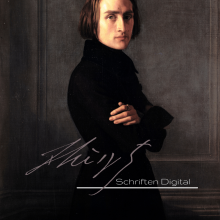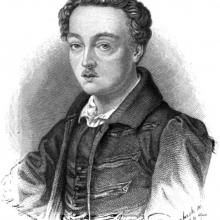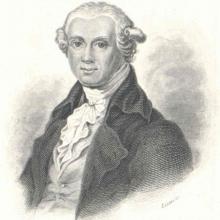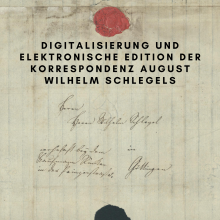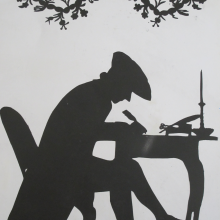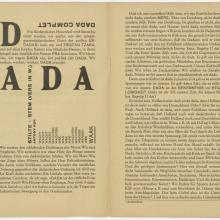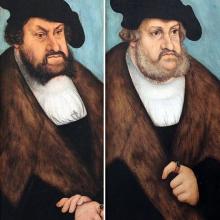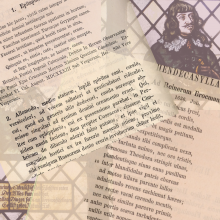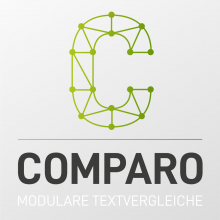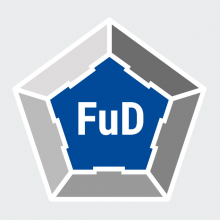Digital Editions
Accessing and Publishing Sources Multimodally
Developing New Possibilities Together
Working in the humanities is inconceivable without reliable scholarly editions, and so they have been part of the basic stock of philological disciplines and the historical sciences from the very beginning. At the same time, the principles of editing have changed considerably over time. With the shift to the digital medium, the possibilities for indexing sources have been and are being explored anew and expanded in many ways.
The TCDH team can now look back on many years of experience in the field of digital editions. Together with cooperation partners from Germany and abroad, it designs and develops digital editions in a wide variety of formats, each adapted to the requirements of a source corpus and its indexing possibilities as well as to specific research questions. Thus, within editions of the complete works, the focus can be on the dynamic representation of text-genetic processes, but also on the synoptic comparison of different printed versions. Letter editions can open up extensive correspondence corpora and make networks visible, but they can also visualize the development of topics or the movement profiles of the correspondents. The user has the possibility to choose an individual approach to an edition, guided by his or her interest in knowledge, through a variety of display and search settings.
The TCDH produces both “born digital” publications that are genuinely designed for publication on the Internet, as well as hybrid formats in which a digital publication and a book publication are at the end, or retro-digitized editions that prepare printed editions for publication on the Internet. All editions are developed according to international standards and are accessible in Open Access in accordance with the FAIR principles. The types of sources to be accessed are diverse: From fictional texts to letters and other ego documents such as diaries, essays and magazines to historical sources or non-textual materials, everything can be the subject of a digital edition. Together with its cooperation partners, the interdisciplinary team of the TCDH develops workflows that are precisely adapted to the respective project requirements and in which the tools and software systems developed at the TCDH are used. In addition, the team conceives the design and usability concept for publication on the Internet and prepares the long-term archiving of the data.
In the binational research project “Arthur Schnitzler digital”, for example, the processing and presentation of the text genesis is the focus of the historical-critical edition. The aim is the adequate representation of the systemic character and interdependence of Schnitzler's typical writing processes with their complex branching of material across text and genre boundaries, using hypertextual structures and non-sequential order patterns.
The Digital Historical Critical Edition of Stefan Heym's Novel “Ahasver”, created as a pilot project and produced in cooperation with the TU Chemnitz, presents the only materials available in Cambridge (excerpts, plans, drafts, handwritten and machine-written preliminary and final stages) completely in open access for the first time. In addition, it makes all transformation processes within the works and, thus, Heyms' specific way of working visible in detail.
The Historical Critial Edition of Selected Correspondences by Johann Caspar Lavater, the TCDH is currently working on in cooperation with the University and Central Library of Zurich and the University of Basel, is intended to visualize the complex structure of an international European network of correspondents and, at the same time, to create the conditions for further research of knowledge and networks of scholars in the second half of the 18th century.
The Digital Edition of the Correspondence by August Wilhelm Schlegel brings the approximately 5,500 letters of the Romantic together for the first time. The majority of the letters, which are scattered around the world, were not published at the beginning of the project. The digital edition also takes into account the letters that have already been printed and which can be compared with the facsimiles of the manuscripts. All the letters that have not been printed yet will be re-transcribed.
The edition of the Letters and Files of the Ecclesiastical Politics of Frederick the Wise and John the Constant 1513 bis 1532 is hybrid: The edition, developed with the Saxon Academy of Sciences in Leipzig, makes the ecclesiastical files of the two outstanding Reformation princes accessible in a printed and an electronic version for ecclesiastical and general historical research for the first time.


